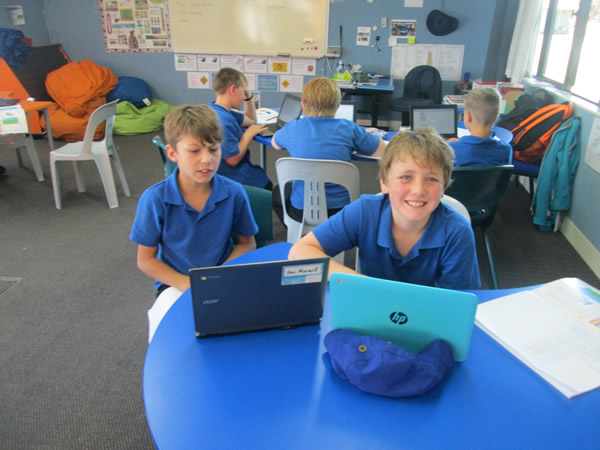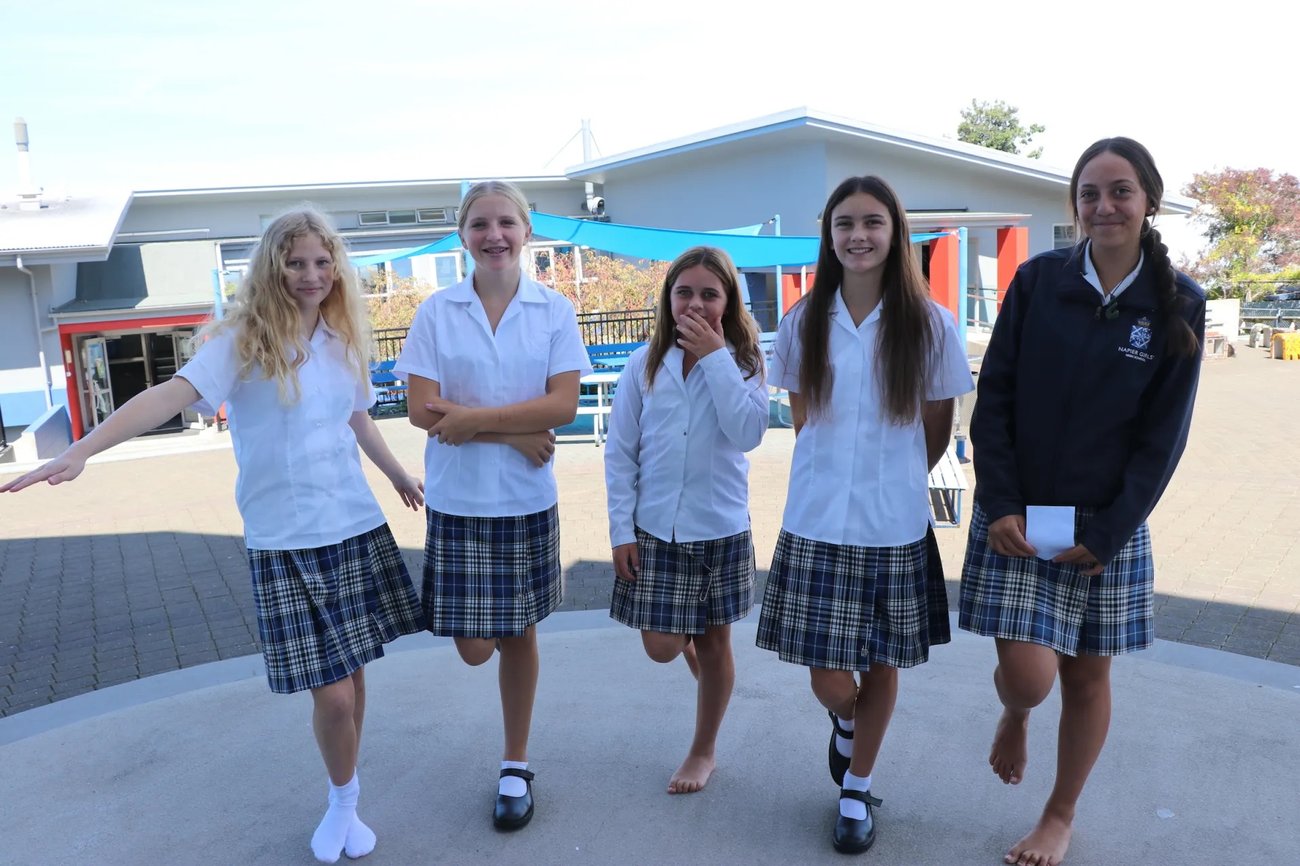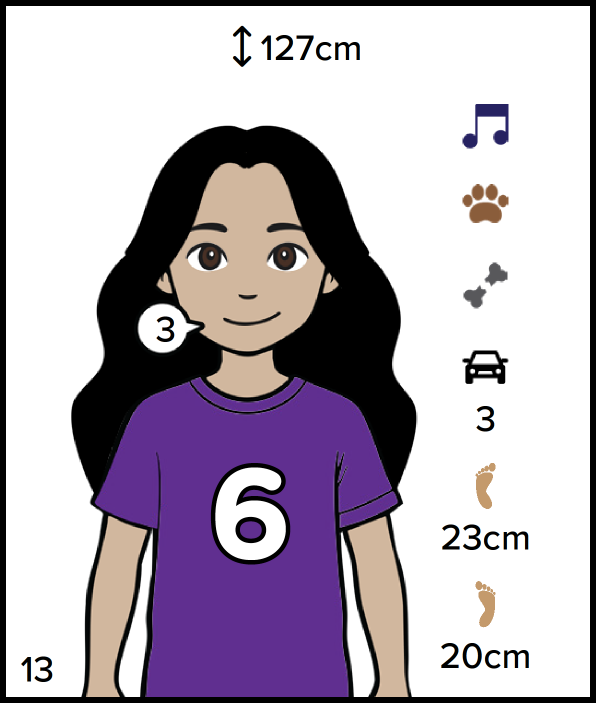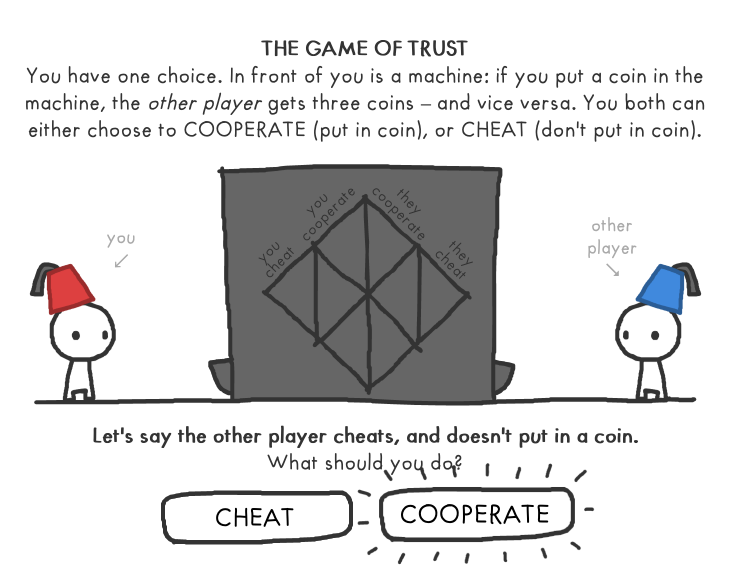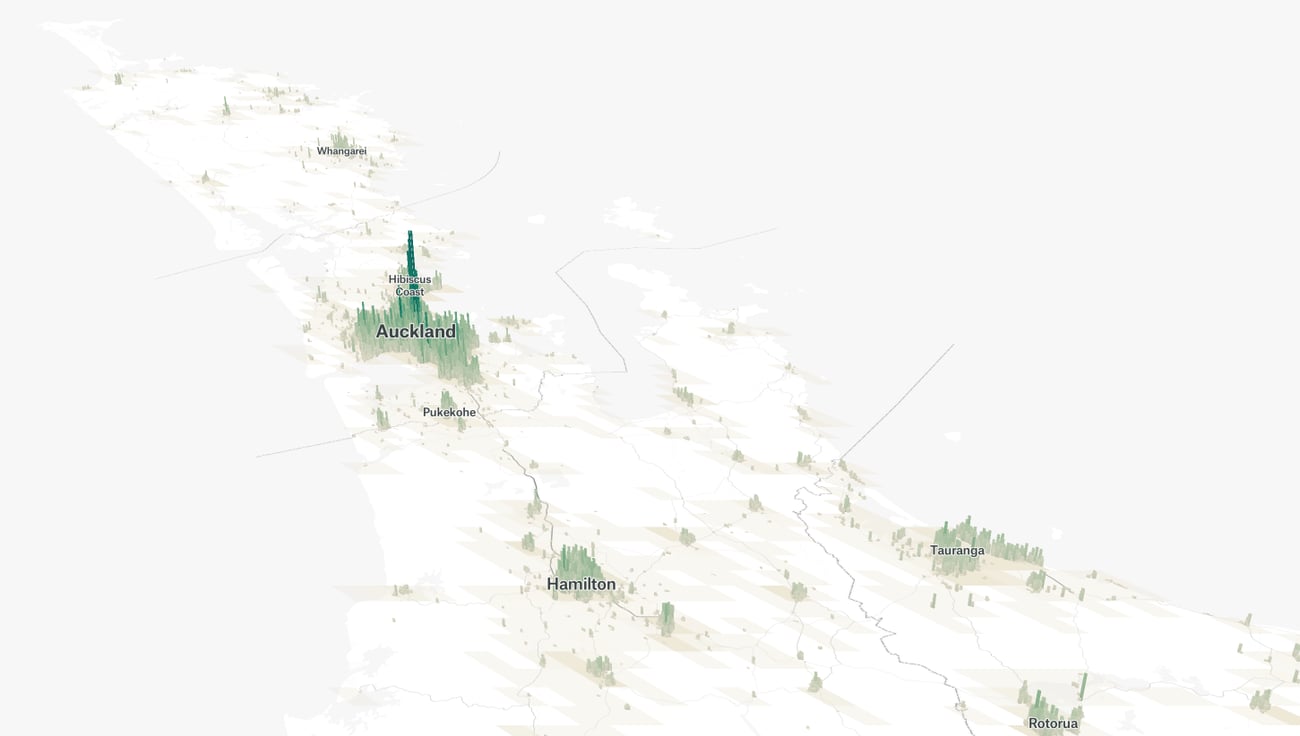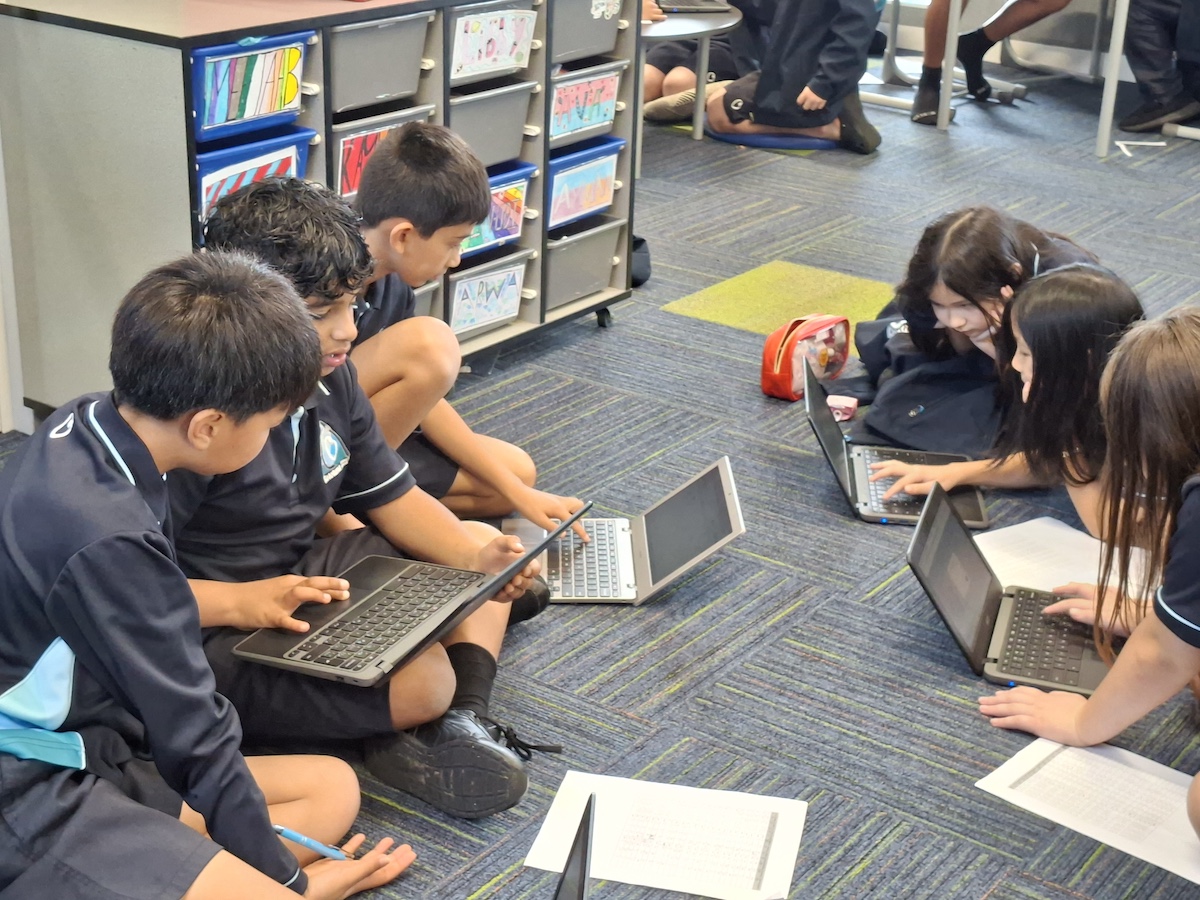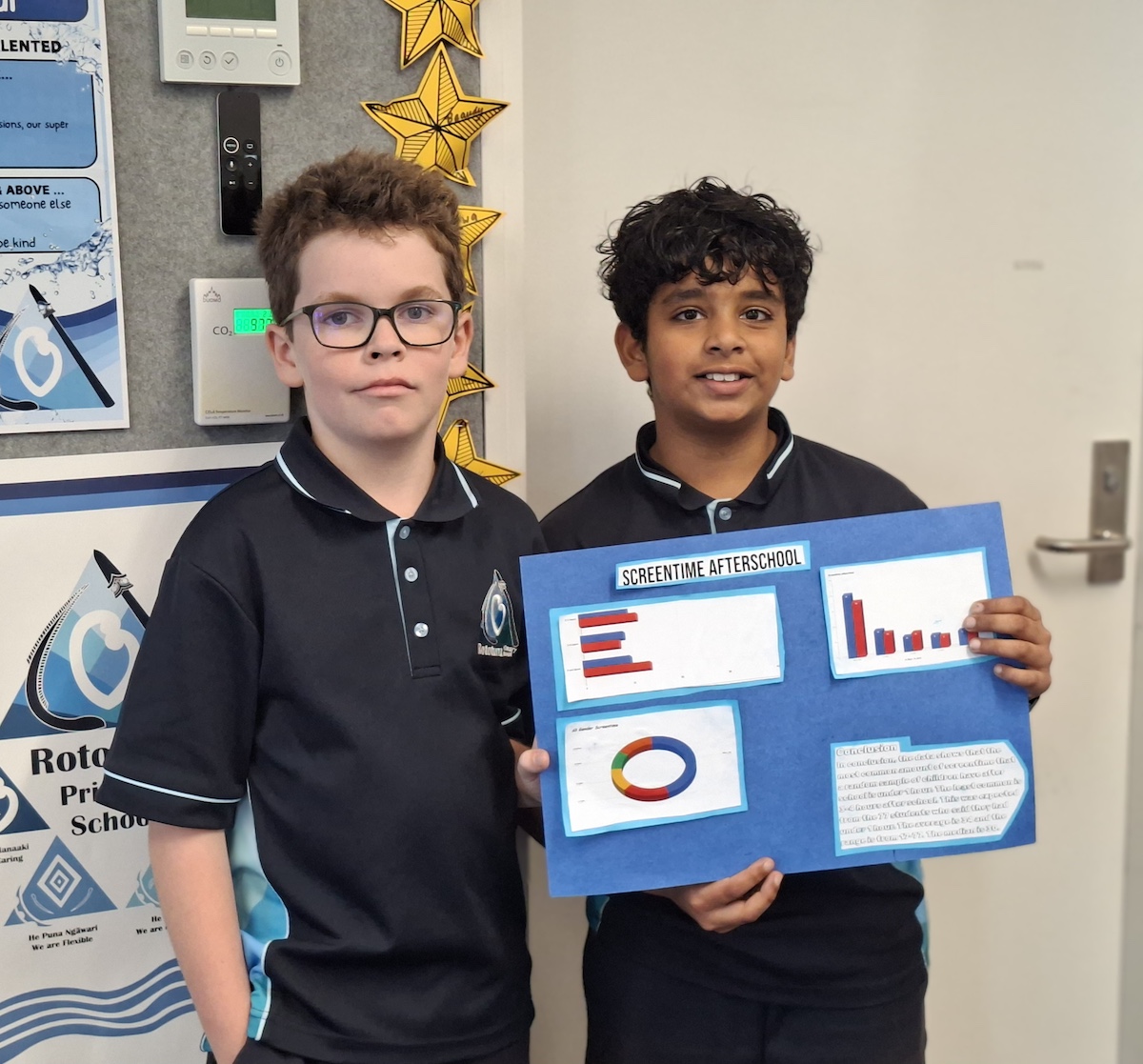It was wonderful seeing so many teachers at last year’s Statistics Teachers’ Day in Auckland. Planning is already underway for this year’s event!
Later this year, we’ll let you know the overarching theme and put out a call for workshops and talks.
In the meantime, save the date:
Statistics Teachers’ Day 2026
Friday November 27
The 2025-2026 CensusAtSchool questionnaire is open! Participation is available throughout the year, giving you lots of time to get involved. We’d love for you to take part with your students.
Register, take part, and get the data
Other Upcoming Events
PMA Seminar Day, Auckland, March 7, 2026
Mark your calendars! The Primary Mathematics Association’s Seminar Day is back on Saturday, 7 March 2026, at the Waipuna Conference Centre. This year’s theme, “Enhancing & Enriching,” focuses on marrying proven classroom “gold” with the refreshed curriculum.
Dr Vince Wright’s keynote session, Implementing a ‘knowledge-rich’ mathematics curriculum, will dive into the new Mathematics and Statistics Curriculum, exploring how to help students not just “know” maths, but “know why” it works and “know when” to apply it.
It is a fantastic local opportunity to get practical guidance on the revised curriculum and connect with fellow Auckland educators.
View the programme and register now
ICOTS 12, Brisbane, July 12–17, 2026
A world-class professional development opportunity is coming to our doorstep. Brisbane is hosting the 12th International Conference on Teaching Statistics (ICOTS), the first time this huge event has been held in the Southern Hemisphere.
Centered on the theme “What? Who? When? How?”, the conference features global experts from Duke, Oxford, and UCLA. Sessions are designed specifically for school-level educators to explore new strategies in assessment and data science. It is a rare chance to bring the latest global trends in data literacy directly back to your New Zealand classroom.
Teaching Resource
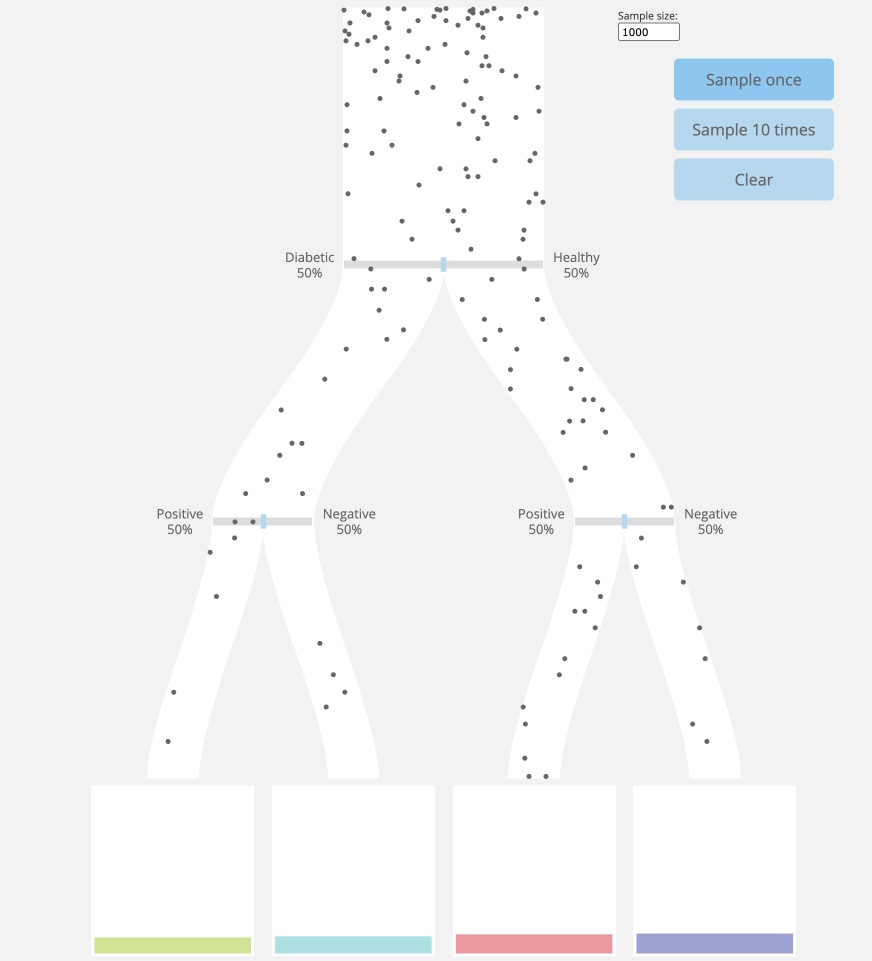
Pachinkogram
A great visualisation of conditional probabilities. Recommended by Michael Walden. Learn more by checking out his 2025 Statistics Teachers’ Day keynote: Integrating Technology in the Classroom.
Have you seen or created a resource we should share? Let us know!
Have a wonderful week,
Rachel, Anne & Pip

